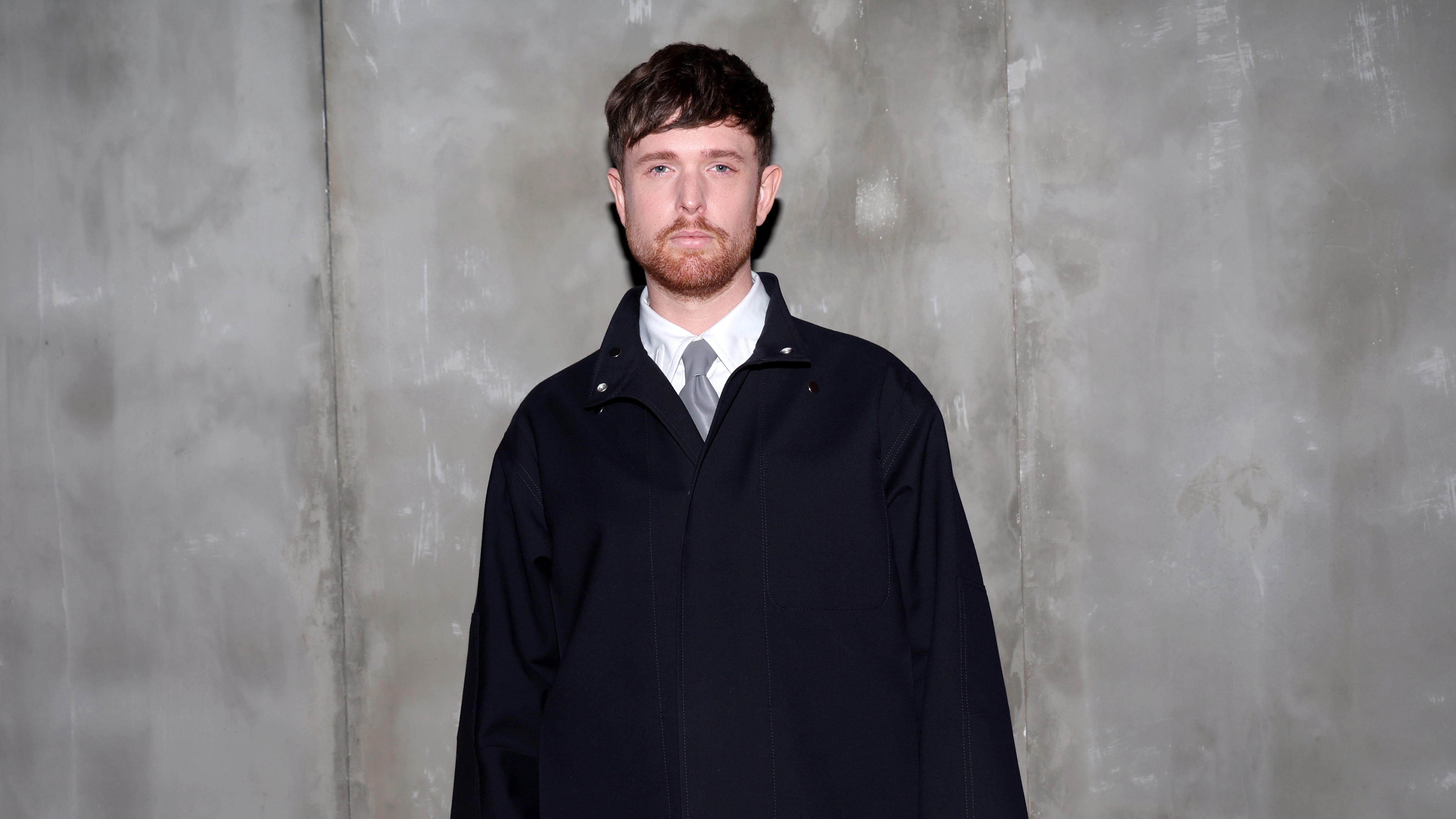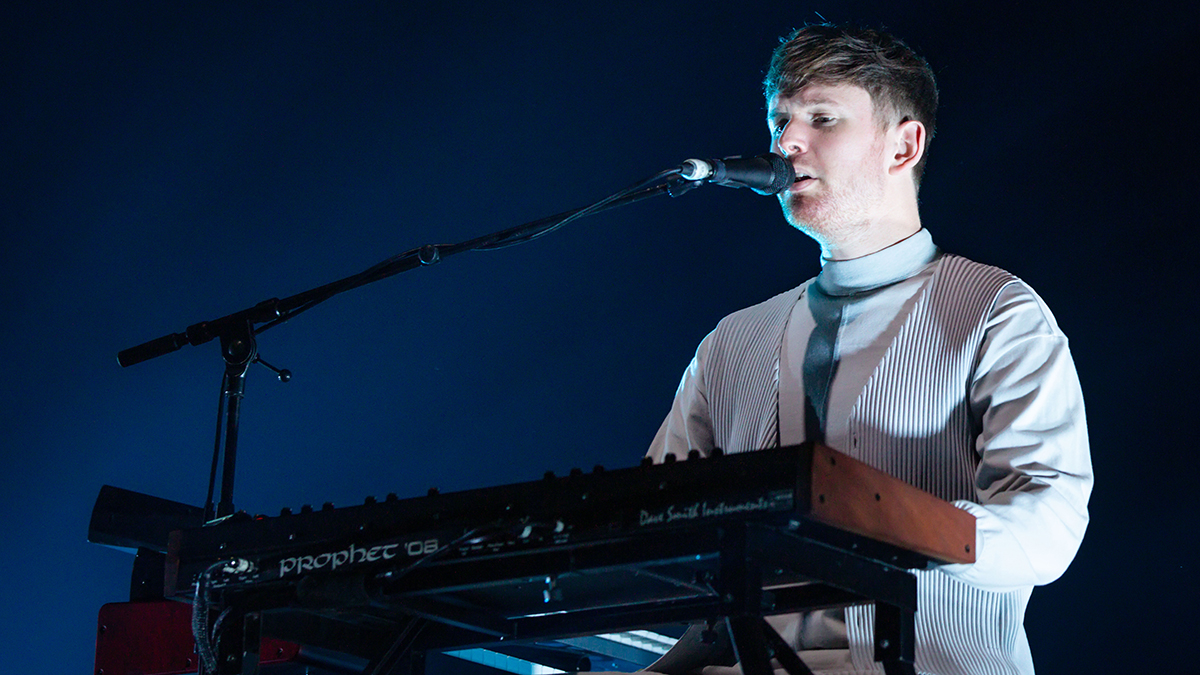
The live music industry has transformed dramatically in recent years, and despite a steady growth in profits for companies like Live Nation, the overall picture is much bleaker, with independent artists struggling to make touring work for them financially, and many small venues closing across the UK and US.
What's more, the industry's seemingly healthy figures are being driven by rapidly increasing ticket prices and controversial dynamic pricing models that have made live music events far less affordable and prompted a drop in overall attendance.
British artist James Blake weighed in on the issue in a lengthy Instagram post shared last week that, while bemoaning the declining viability of touring for musicians in general, shines a light on a specific issue that he believes is central to the difficulties faced by artists: data ownership.
I'm not going through the monopolies any more. I'm not having my fans and myself be ripped off by people who don't care the way we do about live music
"If you are a fan and you wanna see me perform, please sign up for free at the link in bio cause otherwise you might never hear about any of my shows," the post reads. "I'm not going through the monopolies any more. I'm not having my fans and myself be ripped off by people who don't care the way we do about live music. They own all of our mailing lists and won't let us use them to reach our fans."
As a now-independent artist trying to promote an upcoming tour, Blake says that he is struggling to reach his fans without the help of mailing lists he has relied on in the past; lists made up data collected by ticketing companies, promoters and record labels over the course of his career. He also points the finger at Instagram 'bottlenecking', a term that refers to the tendency of the platform's algorithm to restrict the visibility of particular posts or accounts.
"Every show I've ever done for 13 years a company has taken the 'data' - i.e. email addresses/phone numbers of my fans," Blake says. "I didn't know how important that was at the time. My IG was reaching more people than it does now because of algorithm bottlenecking.
"In the meantime those companies have built huge piles of data to be able to market other shows or anything else, to our fans, and all the musicians who weren't savvy to what was going on are now struggling to get the word out about their shows or records.
"When streaming decimated artists' income from music we all said 'oh I guess we've still got live music, that's how we'll sustain ourselves and give the music away virtually free to promote the shows'," Blake continues. "Well now a different set of vampires has done it with live music as well, and with this the fans suffer even more."
Blake says that he has partnered with the Bside platform to reconnect with his fans and take ownership of his data while promoting his upcoming tour.
After his post went viral over the weekend, Blake appeared on BBC News to discuss the issue further. When asked what changes he'd like to see in the live music industry, Blake said that ticketing companies should be more transparent regarding the data they collect and how it's used.

"I'd like to see more transparency from ticketing companies," he says. "I'd also like to see artists building their own audiences and owning their own data; data is a very important part of this. [...] For the last decade we've seen companies harvest our fan data, which means phone numbers and emails of people who come to see us. I've played to millions of people in my lifetime and I wouldn't know how to contact them to tell them I've got a show coming up.
"I'd liken it to a heist. Over the years, a lot of musicians haven't understood the importance of gathering fan data in order to market to your fans. It's such an important part of it, in the sense of, if I'm a fan I'm going to want to hear when my favourite band is in town. I'm not going to hear that if I don't even see their posts. Musicians are in the hands of the people who own their data, ultimately."







